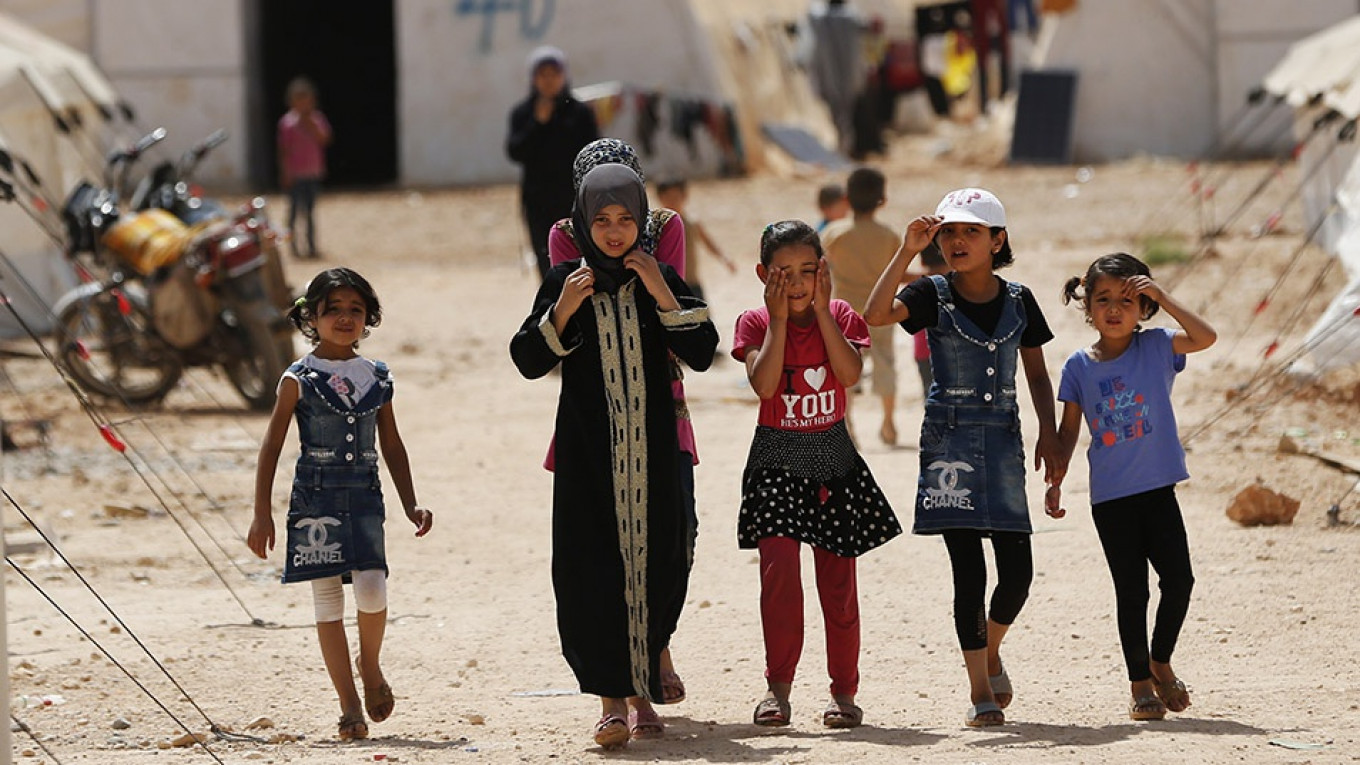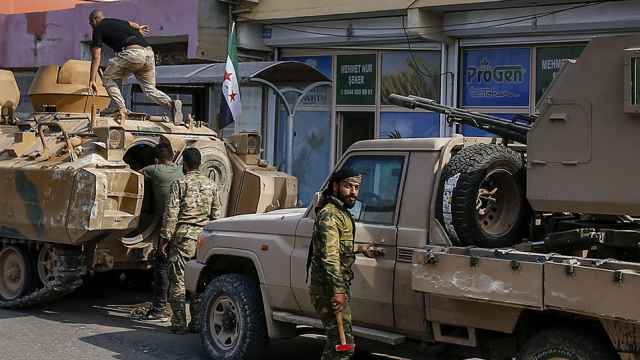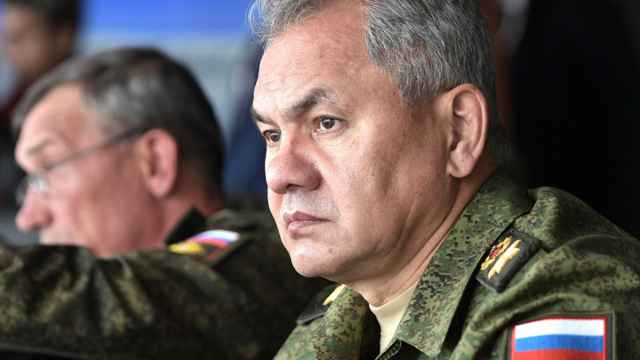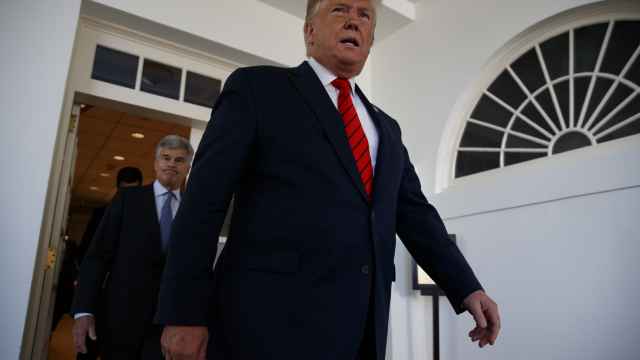Russia is talking to Lebanon about Moscow's plans for the mass return home of Syrian refugees, the Lebanese prime minister's office said on Tuesday, adding Lebanon hoped the Kremlin's initiative would tackle what it called a "displacement crisis".
The UN refugee agency UNHCR says there are about a million Syrians in Lebanon, around a quarter of its population. The Lebanese government puts the number at 1.5 million.
Russia last week said it had set up the Center for the Reception, Allocation and Accommodation of Refugees to help hundreds of thousands of refugees return home from abroad.
U.S. President Donald Trump and Russian President Vladimir Putin discussed the return of refugees to Syria last Monday in Helsinki. Russia's Defense Ministry said it had sent Washington a proposal for drawing up a joint action plan to bring refugees back to the places they lived before the war broke out in 2011.
Russia's Defense Ministry said the proposals include setting up a Russian-U.S.-Jordanian monitoring group in Amman and a similar group in Lebanon. It said over 1.7 million Syrian refugees would be able to return to Syria in the near future.
Prime Minister-designate Saad al-Hariri discussed Russia's plans with officials from the Russian embassy to Beirut on Tuesday. Later this week Putin will send a special representative to Beirut alongside the deputy foreign minister and a defense ministry official to continue talks, Hariri's office said.
"[Hariri] is looking forward to the roadmap prepared by the Russian Defense Ministry, hoping that coordination with the U.S. administration, the United Nations and other concerned parties will form a serious effort to address the displacement crisis," his office said.
Syria's war has killed an estimated half a million people, driven some 5.6 million people out of the country and displaced around 6.6 million within it.
As the Syrian army, backed by Iran and Russia, has recovered more territory, some Lebanese officials have stepped up calls for refugees to leave for parts of Syria where violence died down.
A Message from The Moscow Times:
Dear readers,
We are facing unprecedented challenges. Russia's Prosecutor General's Office has designated The Moscow Times as an "undesirable" organization, criminalizing our work and putting our staff at risk of prosecution. This follows our earlier unjust labeling as a "foreign agent."
These actions are direct attempts to silence independent journalism in Russia. The authorities claim our work "discredits the decisions of the Russian leadership." We see things differently: we strive to provide accurate, unbiased reporting on Russia.
We, the journalists of The Moscow Times, refuse to be silenced. But to continue our work, we need your help.
Your support, no matter how small, makes a world of difference. If you can, please support us monthly starting from just $2. It's quick to set up, and every contribution makes a significant impact.
By supporting The Moscow Times, you're defending open, independent journalism in the face of repression. Thank you for standing with us.
Remind me later.







